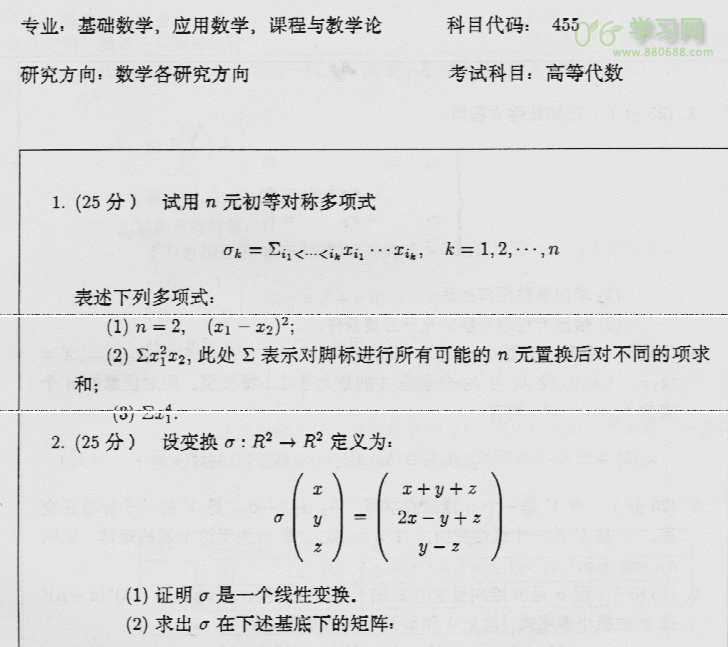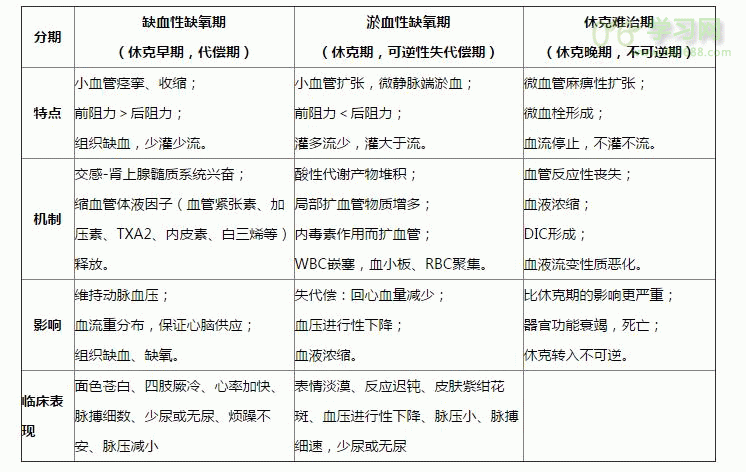薛辕剑,翡翠网站,青岛地图 三维
本文导航
1、首页2、 参考答案研究生考试的相关内容大家是否了解呢?精品学习网为大家整理了2017年考研英语阅读理解模拟题,以下是具体详情:
The past ages of man have all been carefully labeled by anthropologists. Descriptions like ‘ Palaeolithic Man’, ‘Neolithic Man’, etc., neatly sum up whole periods. When the time comes for anthropologists to turn their attention to the twentieth century, they will surely choose the label ‘Legless Man’。 Histories of the time will go something like this: ‘in the twentieth century, people forgot how to use their legs. Men and women moved about in cars, buses and trains from a very early age. There were lifts and escalators in all large buildings to prevent people from walking. This situation was forced upon earth dwellers of that time because of their extraordinary way of life. This situation was forced upon earth dwellers of that time because of their extraordinary way of life. In those days, people thought nothing of traveling hundreds of miles each day. But the surprising thing is that they didn’t use their legs even when they went on holiday. They built cable railways, ski-lifts and roads to the top of every huge mountain. All the beauty spots on earth were marred by the presence of large car parks. ‘
The future history books might also record that we were deprived of the use of our eyes. In our hurry to get from one place to another, we failed to see anything on the way. Air travel gives you a bird‘s-eye view of the world – or even less if the wing of the aircraft happens to get in your way. When you travel by car or train a blurred image of the countryside constantly smears the windows. Car drivers, in particular, are forever obsessed with the urge to go on and on: they never want to stop. Is it the lure of the great motorways, or what? And as for sea travel, it hardly deserves mention. It is perfectly summed up in the words of the old song: ’I joined the navy to see the world, and what did I see? I saw the sea.‘ The typical twentieth-century traveler is the man who always says ’I‘ve been there. ’ You mention the remotest, most evocative place-names in the world like El Dorado, Kabul, Irkutsk and someone is bound to say ‘I’ve been there‘ – meaning, ’I drove through it at 100 miles an hour on the way to somewhere else. ‘
When you travel at high speeds, the present means nothing: you live mainly in the future because you spend most of your time looking forward to arriving at some other place. But actual arrival, when it is achieved, is meaningless. You want to move on again. By traveling like this, you suspend all experience; the present ceases to be a reality: you might just as well be dead. The traveler on foot, on the other hand, lives constantly in the present. For him traveling and arriving are one and the same thing: he arrives somewhere with every step he makes. He experiences the present moment with his eyes, his ears and the whole of his body. At the end of his journey he feels a delicious physical weariness. He knows that sound. Satisfying sleep will be his: the just reward of all true travellers.
1、Anthropologists label nowaday‘s men ’Legless‘ because
A people forget how to use his legs.
B people prefer cars, buses and trains.
C lifts and escalators prevent people from walking.
D there are a lot of transportation devices.
2、Travelling at high speed means
A people‘s focus on the future.
B a pleasure.
C satisfying drivers‘ great thrill.
D a necessity of life.
3、Why does the author say ‘we are deprived of the use of our eyes’ ?
A People won‘t use their eyes.
B In traveling at high speed, eyes become useless.
C People can‘t see anything on his way of travel.
D People want to sleep during travelling.
4、What is the purpose of the author in writing this passage?
A Legs become weaker.
B Modern means of transportation make the world a small place.
C There is no need to use eyes.
D The best way to travel is on foot.
5. What does ‘a bird’s-eye view‘ mean?
A See view with bird‘s eyes.
B A bird looks at a beautiful view.
C It is a general view from a high position looking down.
D A scenic place.
本文导航
1、首页2、 参考答案VOCABULARY
1.Palaeolithic 旧石器时代的
17年考研英语阅读模拟题及答案解析
学习不是缺少时间,而是缺少努力,下面就是由精品学习网为您提供的有关于17年考研英语阅读模拟题及答案解析希望对您的复习有所帮助!
2017年考研英语阅读理解模拟题及答案
精品学习网根据历年考试经验,特地为广大考生整理了2017年考研英语阅读理解模拟题及答案,也希望各位的备考之路顺利畅通。

 2017考研政治新大纲考试形式和试题结构
2017考研政治新大纲考试形式和试题结构 2017年考研病理学重点介绍
2017年考研病理学重点介绍 考研病理学重点2017年
考研病理学重点2017年 2017考研西病理学重点介绍
2017考研西病理学重点介绍